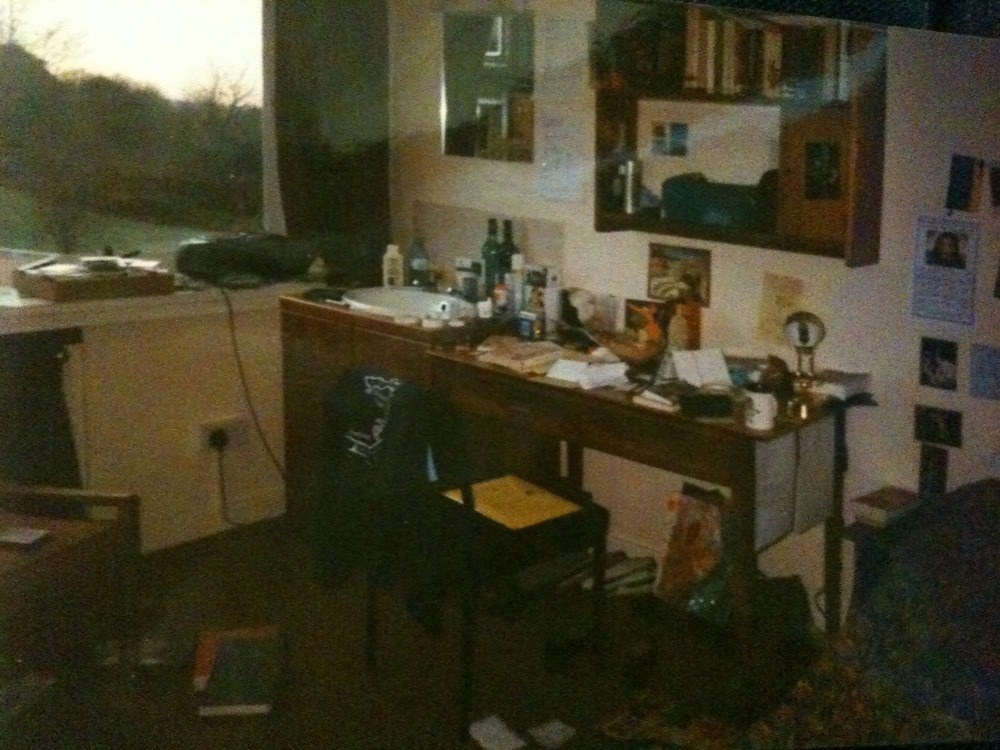"If you can make one heap of all your winnings
And risk it on one turn of pitch-and-toss,
And lose, and start again at your beginnings
And never breathe a word about your loss;
If you can force your heart and nerve and sinew
To serve your turn long after they are gone,
And so hold on when there is nothing in you
Except the Will which says to them: 'Hold on!'"
Rudyard Kipling, IF
According to Hargreaves Lansdown, the FTSE All share has fallen by 7 per cent since last Monday (10th August), which equates to around £160bn wiped off the value of UK-listed companies.
Alastair McCaig, Market Analyst at online trader IG, has called it a blood bath. He said: "The collapse in Asian markets has triggered a sea of red on European equity markets as bears dominate the day’s trading.
"Shanghai wipes out 2015 gains; Asian panic scares off the bulls; and traders’ screens are drenched in a sea of red."
 |
| FTSE 100 as at 24 August. Source: Interactive Data/Hargreaves Lansdown |
Brokers and traders may well be worried. I am not. True, my Isa is down £199. My largest holding - a global, dividend-paying portfolio, has been a disappointment after a year of fairly good returns. Obviously my Gold fund has gone down (I never expected it to provide a return - it is my 'insurance' mechanism). Also sadly my investment in an investment trust that had outperformed for 25 years has had a dismal 18 months.
These three things have really taken a battering from the #GreatFallofChina over the past few weeks. Consequently, this is the first time since I set up my S&S Isa two years ago that it dipped into negative territory.
The only stunners are Woodford's investment trust, Saga shares, my US investment index tracker and the Alliance Trust Sustainable Future Global Growth fund, an ethical fund which has not had a single bad week since I bought it over a year ago.
Interestingly Saga had such a bad year I almost ditched it, but I held my nerve. Pension Freedoms are here, I thought. Saga will benefit from these. Well that was my perception. It proved wisdom.
I was also laughed at by some colleagues for considering investing in TSB before it listed. 'My broker says the shares will be no good', one said. But I perceived a market of investors keen on a new entrant into the banking market. So I bought them and made double my money on them when I sold them a few months after the launch. He wasn't laughing then. In fact, my tiny Isa has outperformed his at every level - and yet people trust men's financial opinions more than they trust mermaids. Odd, that.
Two years ago I sold out of a China investment trust simply because I read that the country's growth estimates had fallen from 10 per cent to 7.5 per cent and then to 7 per cent. There was so much positive noise from the market about China despite this that I got worried. You don't see downward GDP revisions without some knock-on effects down the line. So I ignored the hype and I bought into the US market because it was a) depressed and everyone was saying it was not the place to be and b) as far as I am concerned, it is the most mature economy with some solid, cash-rich companies. I also understand the US stock market more than I understand how the Chinese stock market works.
My investing decisions are as scientific as that. I read everything I can, everything that comes my way, I think around it and I act. So far, this has proved to be a wise move. So I am not worried by this latest hiccup. I am disappointed but not scared.
Here's why the latest tumble is keeping this mermaid pretty sanguine:
1) I am young (ish). My Isa was only designed to provide a bit extra in the event of having surprise quadruplets; failing that, I'm saving it as a bulwark for my pension. I am not set to retire for 30 years and a lot can happen in that time. I am not going to buy and sell on the turn of a market. I will sell when I need the money, and when I'm in the black, not the red. I also have to be in the black enough to cover the trading costs and make money. So why would I sell now?
2) Things always go in cycles. I've seen two cycles in China in my working life. Now it looks like Brazil is the next BRIC to go down. So I avoid fads - these wheels turn more quickly than slow grinders like the UK or the US. I like my big slow old American industrial-sized wheels.
3) Use Gold wisely. I don't keep it to make money. I keep it as an insurance against the direction of the US dollar/US stock market. So why would I sell it at a loss when I am using it as a hedge?
4) Ethical funds. Nobody likes them. Everybody mocks them. So I bought one to see if it would indeed perform differently to the rest of the market. It did. I suspect I am a little contrarian around the edges.
That said, my stocks and shares Isa is very small. It is not my main source of income, it's not something I would dip into for a rainy day. I have a very long-term plan for a long-term goal and I am not about to have my future finances shaped by short-term decisions and knee-jerk reactions. Markets cannot spook me. Of course, having surprise quadruplets would shake me immensely. But I think that's a story for another day.

